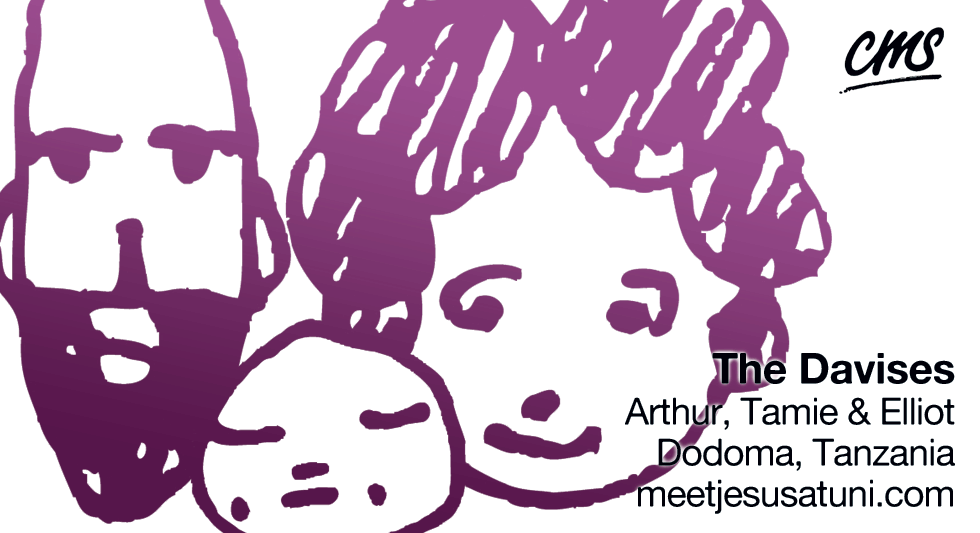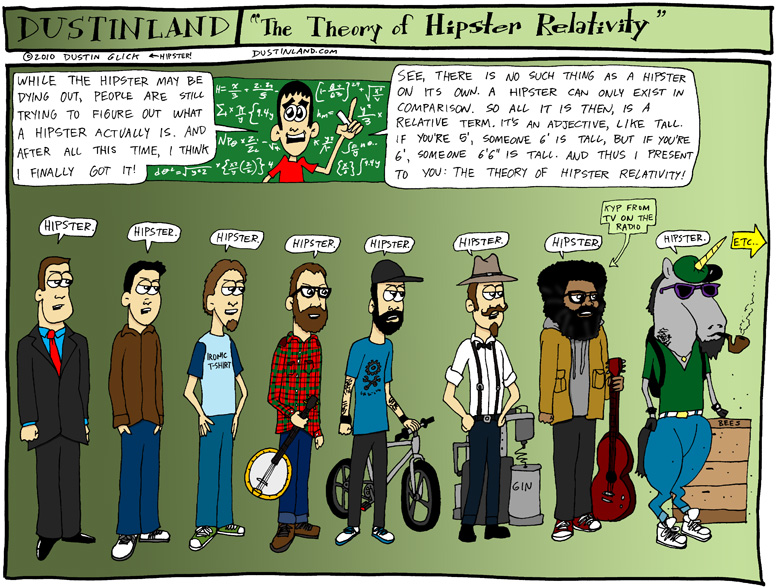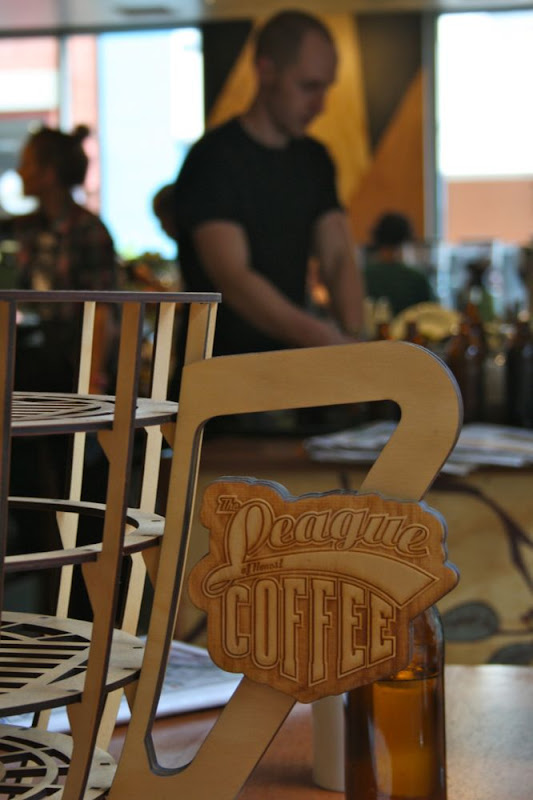Weird. Apologies to Arthur and Tamie. Just found this post in my “pending pile” thinking I’d posted it on the 24th of May. So, here you go. An extension to Mad Skillz for 2011.
Arthur and Tamie are pretty cool. I can tell that just by looking at their blog. And when you read it you’ll see that sometimes you can judge a blog by its cover. Or design. Anyway. I met Arthur once. At NTE. He was starting a Christian forum that I enjoyed participating in for a while back in ’05. Fast forward a few years and Arthur and Tamie are in Melbourne, studying at Ridley, ready to head to Africa to teach people about Jesus.
So anyway, Arthur and Tamie have a mad skill. They can run debates. At college. That are interesting. Here’s how.
Here’s how Arthur and Tamie ran debates at Ridley Melbourne.
Rationale (what and why?)
1. Make it engaging. The debate is for exploring issues together, not for being settled and definitive.
2. Make it fun. The debate is serious but it must not be dour. Be sure to create levity: compering that is warm and amusing, and speakers who love to laugh.
3. Make it irenic. The debate must be winsome and bridge-building, tactful and wise from top to bottom. Kill off potential antagonism and division.
4. Make it polemical. The debate must actively challenge people’s thinking. To that end, it’s useful to phrase the topic in terms of an artificial dichotomy: “Will the real Mars Hill please stand up?” “Mission: stay or go?”
5. Make it practical. The debate topic must relate directly to ministry and mission. A poor topic: “NT Wright’s understanding of justification is more accurate than that of John Piper.” A more useful topic: “New justification = better mission.”
6. Make it public. Although the debate is an in-house event, make sure it’s good enough to be published. Conduct it as if you will put it online—and then do so!
Procedure (when and how?)
1. Run one debate each semester. It’s quite easy to organise and is fantastic for building community.
2. Hand-pick the speakers. They need to be people with a good level of charisma and people-skills: people who can truly engage with the audience, acquit themselves well, and bring a positive light to both the issue and the college community. The speakers should also represent the whole college community, including both students and faculty, women and men.
3. Use an appropriate format. A traditional debating format may be fine, but be ready to vary this in service of the topic.
4. Prepare the teams. Gear up the speakers to interact directly with the topic, giving them guidelines and appropriate scaffolding, then leave them to prepare on their own.
5. Promote it effectively. Advertise with posters two weeks before the debate, and promote it creatively and casually.
6. Keep it short. 45 minutes is plenty of time for the entire debate.
7. Present it creatively. Pay close attention to the craft of the whole event. For example, introduce the debate using video clips, music, or infographics.
8. Announce a winner. This is not to pronounce a judgement on the issue at hand, but to promote reflection. Presenting a winner helps move the audience from being passive observers towards being proactive thinkers. Get an adjudicator who can do this aptly and wisely.
9. Provide a way forward. The topic isn’t abstract, so conclude the debate with recommendations for the audience, such as books to read or conversations to have.



